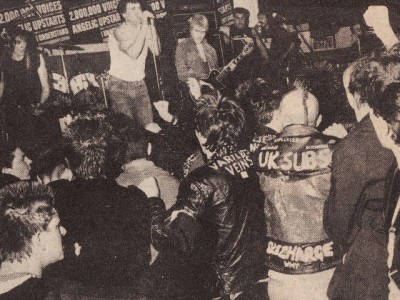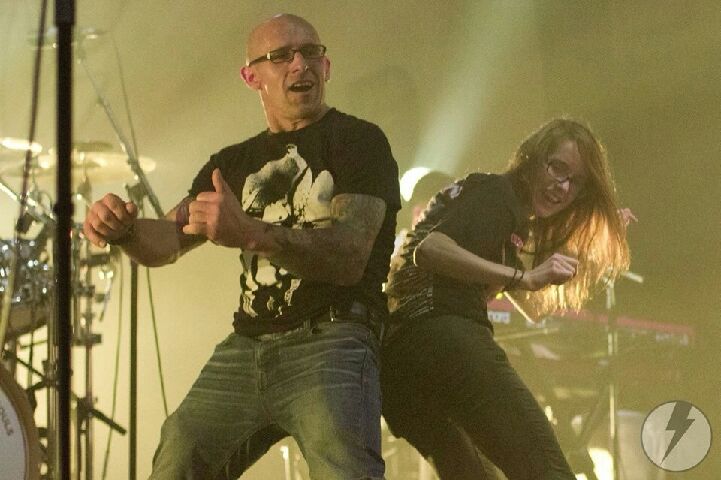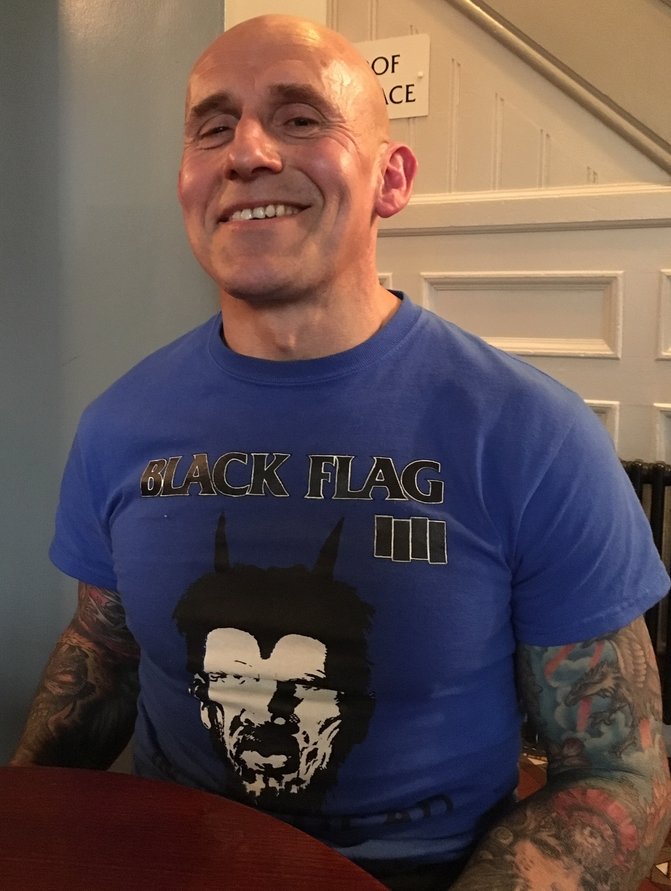When Martin Jackson turned 50, he was expecting life to change. For almost 40 years, the sweat-stained floors of venues across the country had become his home. They had been the scene of some of his greatest nights; some of his most cherished memories had been forged here, all soundtracked by the great and good of punk.
As he entered his fifth decade, friends told him that “everything changes once you hit the big 5-0”. The bones start to creak, the bruises become a little slower to heal and a once youthful exuberance can fade making way for a punch of nostalgia. He thought the call of those chaotic crowds would become distant and he would have to consign a large part of his life to memory.
He needn’t have worried. “Turning 50 felt like a new lease of life,” he tells me. “There was no big surprise, it was like all the pressure was off.
“Every show I go to I still get the same twinge of excitement I got from the very first. It’s like “here we go again,” I don’t know why it’s not gone away or why it’s never faded.”
It’s a warm summer evening at the Deansgate Tavern, one of Manchester’s few remaining traditional pubs that has managed to stave off the rampant gentrification that is engulfing this once northern powerhouse. Just around the corner is Rebellion, one of the city’s numerous dive bar punk venues where, in a couple of hours, Martin will be in attendance to see SST Records alumni Meat Puppets.
Donning a blue Black Flag t-shirt and arms covered in tattoos, he may seem like an imposing figure from afar but there is a child-like excitement in his voice when he talks about music. He was there when The Ramones came to Manchester in ‘87, he saw Rage Against The Machine tear apart the Academy in ‘93 and he witnessed the first incarnation of Gallows carve their name into British punk folklore in ‘08.
He’s eager to show me a grainy video of him slam dancing to Chaos UK in a backstreet pub in Manchester during the early-80s. He is there again at the front of a recent show by Canadian hardcore royalty Comeback Kid. He takes regular sips from a glass of coke – he hasn’t drank a drop of alcohol for the past two years – “you can’t be drunk in a pit,” he tells me.
And this is a man that knows a pit; Martin is a pseudo celebrity of the northern punk scene. If you’ve ever been launched into the bumps of a hardcore show, you will have met Martin. You will have met a bald, shirtless man sporting the iconic four bars tattooed into his back. He knows his pits and he’s not afraid of getting a few war wounds.
“I guess when bodies collide you’re going to get bumps and bruises, you’ve got to full on. Crowdsurfing and stage diving is all good but,” he pauses “when did all this windmilling start? When did that start? I don’t understand it, you’re not even moving in time to the music, you’re just throwing a few fists and doing spin kicks. That really pisses me off.”
He pauses, again, and laughs, “you might have noticed but music is the driving thing in my life,”
“Everything is about music. When I get home I’ve got the music on, get in the car there’s music on and all I’m doing is looking for the next gig.”







